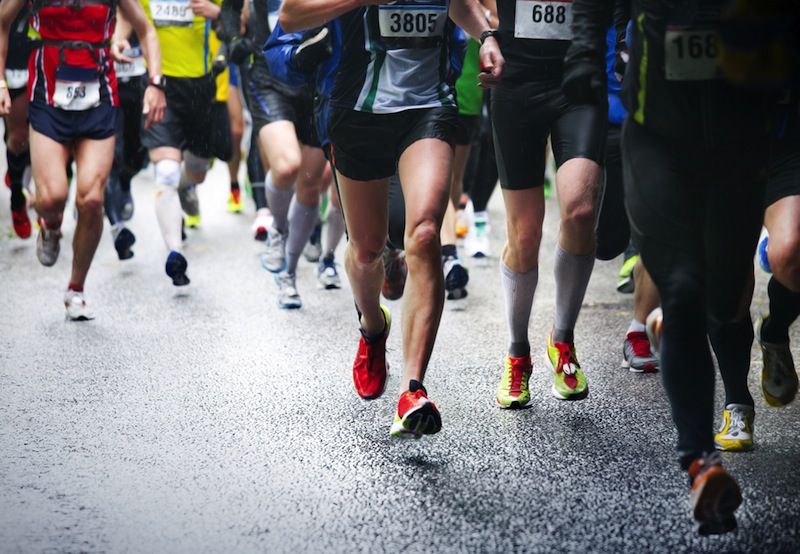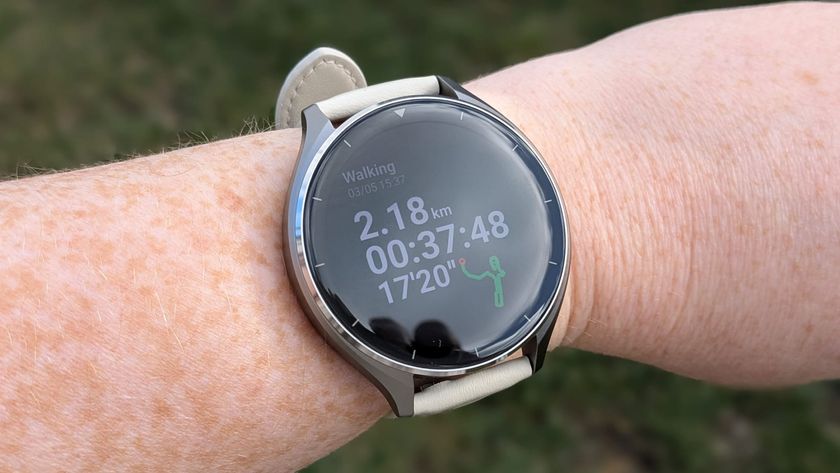The Surprising Impact of Marathons: Delays in Urgent Care

Marathons are exciting for runners and spectators alike, but for people in the community who simply need to get to the hospital on a race day, the events may be hazardous, according to a new study.
The study found that when cities host marathons, residents who have a heart attack on the day of a marathon take nearly 5 minutes longer to get to the hospital and are more likely to die in the following weeks than people who have a heart attack on other days.
The findings suggest that road closures and other disruptions to city infrastructure during marathons may delay hospital care for patients and result in a higher risk of death for people who experience acute heart problems on those days, the researchers said.
"Large public events may disrupt access to timely medical care for both participants and nonparticipants of these events," the researchers wrote in today's (April 13) issue of the New England Journal of Medicine. "Our study suggests that a citywide strategy for emergency medical preparedness should consider the risks not only to event participants but also to others whose care may be delayed." [5 Most Amazing Marathon Feats]
For the study, the researchers analyzed information from Medicare recipients ages 65 and older who were hospitalized with a heart attack or cardiac arrest in 11 U.S. cities that hosted marathons from 2002 to 2012. (The cities were Boston; Chicago; Honolulu; Houston; Los Angeles; Minneapolis; New York City; Orlando, Florida; Philadelphia; Seattle; and Washington, D.C.) The researchers also analyzed information on hospitalizations that occurred on the same day of the week as the marathon, but five weeks before or five weeks after the marathon event. In total, their analysis included 121 marathon dates (in 11 cities over 11 years) and 1,210 non-marathon dates.
The researchers found that, among the people who were hospitalized with a heart attack or cardiac arrest on the day of a marathon, about 28 percent died within the following month, compared to 25 percent who were hospitalized on the non-marathon days.
When the researchers looked at hospitals outside of the areas where the marathons were held that were not affected by the marathon traffic or closures, they found there was no difference in the percentage of deaths among those hospitalized on marathon days versus non-marathon days.
Sign up for the Live Science daily newsletter now
Get the world’s most fascinating discoveries delivered straight to your inbox.
Finally, when the researchers looked at how long it took for ambulances to take patients to the hospital, they found that on the morning of a marathon, ambulances took 4.4 minutes longer on average to get to the hospital than on non-marathon dates.
"Taken together, our findings suggest that road closures, diversion of ambulance resources and ensuing delays in hospital care may explain the higher mortality that we observed among patients" on marathon days versus non-marathon days, the researchers said. [Why Are Marathons 26.2 Miles Long?]
The researchers noted that although they found a link between marathons and higher mortality rates among patients, their study cannot definitively prove that the delays in care resulting from marathon were the cause of this higher death rate.
The researchers also don't know for certain if some people were hospitalized as a result of running the marathon, but they took several steps to account for this. They focused on an older population of Medicare patients who typically had multiple chronic conditions and so would be unlikely to participate in a marathon. They also looked at local newspapers for any cases of deaths among marathon runners and found no evidence that the rate of death among runners was different before or after the marathon.
Original article on Live Science.

Rachael is a Live Science contributor, and was a former channel editor and senior writer for Live Science between 2010 and 2022. She has a master's degree in journalism from New York University's Science, Health and Environmental Reporting Program. She also holds a B.S. in molecular biology and an M.S. in biology from the University of California, San Diego. Her work has appeared in Scienceline, The Washington Post and Scientific American.











